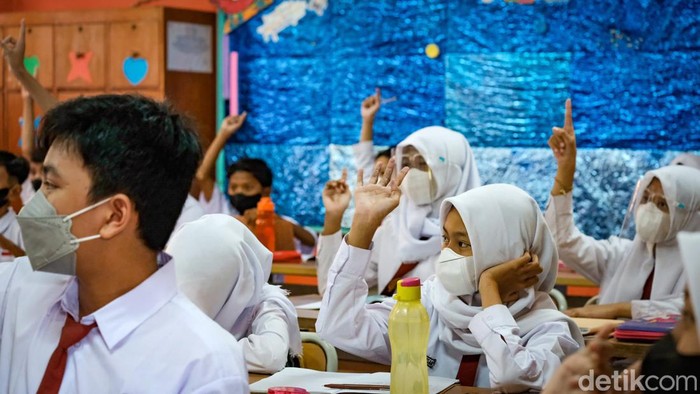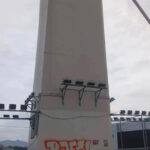Jakarta –
Several regions have implemented Distance Learning (PJJ) policies following the current situation. Based on research, there are at least six regions where schools are implementing PJJ as of September 1, 2025.
As is known, various elements of society have taken to the streets to demand the elimination of parliamentary allowances and state budget waste. The protest crowds consist of the general public, university students, and school students.
The escalation of protests occurred following the death of an online motorcycle taxi driver due to a police vehicle. This triggered another wave of demonstrations which continued until Sunday, August 31, 2025.
Following the current situation, several regions have implemented PJJ policies for the safety of students and educational staff, the list is as follows.
List of Regions with Schools Implementing PJJ as of September 1, 2025
1. Jakarta
The Provincial Government of the Special Capital Region of Jakarta, in the Official Letter of the Jakarta Capital Special Region Education Office Number 8660/PK.00.00, decided that the learning process will continue both at school and at home. The learning provisions in Jakarta are as follows:
1. For educational units located near protest sites or experiencing access constraints, or upon request from parents/guardians, schools are permitted to conduct learning from home.
2. Schools not near protest sites or without access constraints may choose to conduct the learning process either directly at school or from home after intensive communication with parents/guardians and school residents through the school committee.
3. School principals provide guidance and monitor the implementation of the learning process and offer alternatives if obstacles occur in its implementation, coordinating with the Regional Education Sub-Department and/or the Education Office.
“This notice is effective from Monday, September 1, 2025, until further notice,” the announcement concluded.
2. Bandung
A number of schools in Bandung City implemented online learning starting Monday, September 1, 2025. One school implementing PJJ is SMAN 24 Bandung.
This is done so that students can be monitored and do not participate in mass actions. Teachers are asked to continue teaching virtually from school.
“For online learning tomorrow, Monday, September 1, 2025, following the guidance of the Regional Education Office and the School Principal, it is expected that teachers conduct the learning virtually from school via Zoom or Google Meet, so that Students can be monitored,” stated a circulated notice on Monday (1/9/2025).
The Head of the West Java Education Office, Purwanto, had confirmed that schools were asked to implement online learning from September 1-4, 2025. Schools implementing online learning would do so based on the situation and conditions of the school’s location.
“That’s correct, according to local conditions and parental involvement. Yes, we will have online learning in areas based on analysis and coordination between each Regional Education Office with local leadership and each head of the educational unit,” he explained.
However, after a coordination meeting with the Regional Leadership Communication Forum of West Java at Gedung Sate on Sunday afternoon, Purwanto stated that the rule was changed. Schools, he said, would continue learning as usual in person.
“Based on re-coordination, schools will continue learning as usual,” said Purwanto.
3. Yogyakarta
The next region with schools implementing PJJ is schools under the auspices of the Muhammadiyah Foundation of the Special Region of Yogyakarta. In an Instagram post by the Council of Basic and Secondary Education and Non-Formal Education of the Special Region of Yogyakarta, the Council of Basic and Secondary Education and Non-Formal Education decided:
1. Learning continues as usual with increased vigilance towards the escalating risks of the political situation. Schools/madrasahs are urged to educate students not to be easily provoked and to avoid participating in demonstration activities that lead to anarchic actions.
2. For schools/madrasahs located in high-risk areas on Monday, September 1, 2025, guided online learning can be implemented.
3. All parties are urged to maintain positive communication with various stakeholders.






